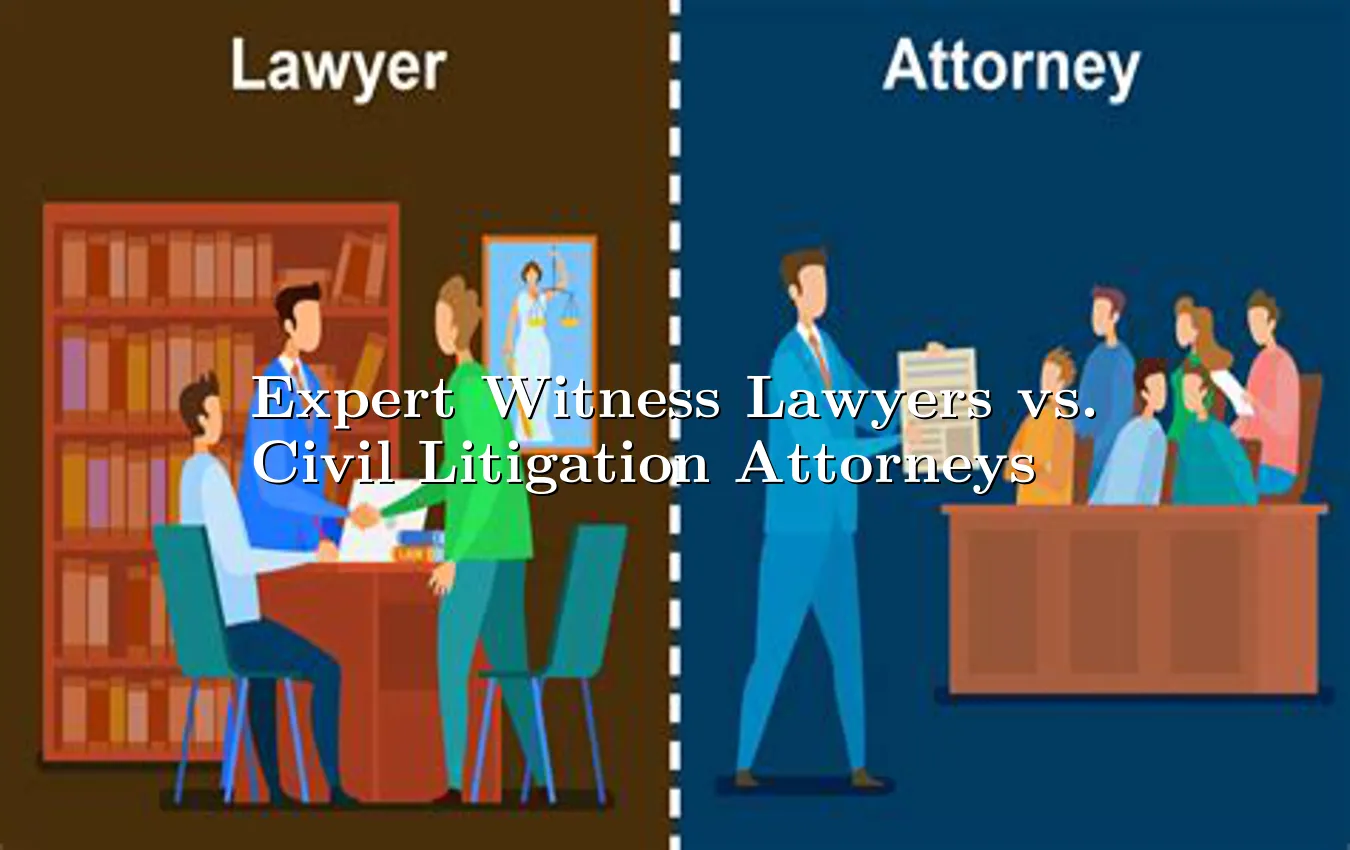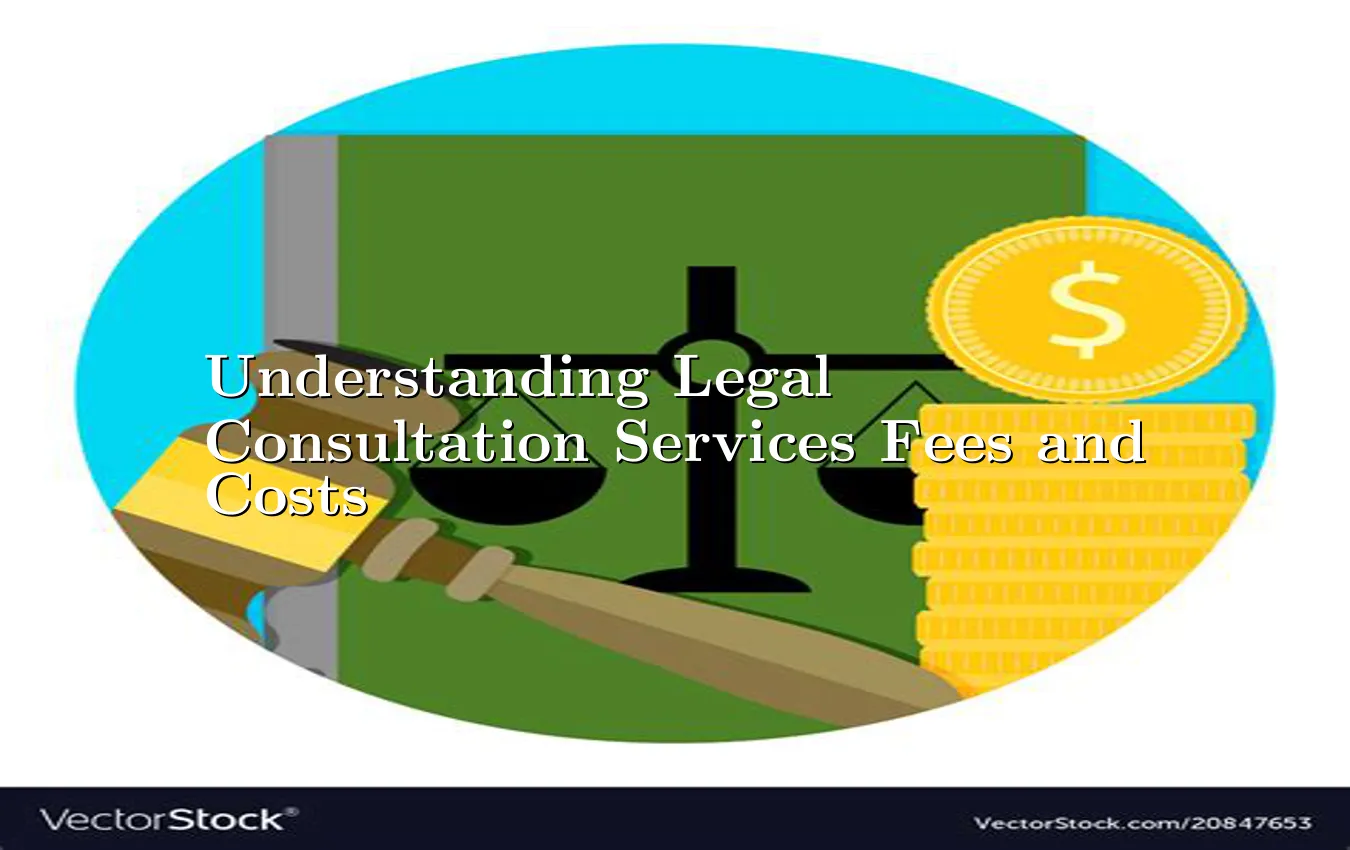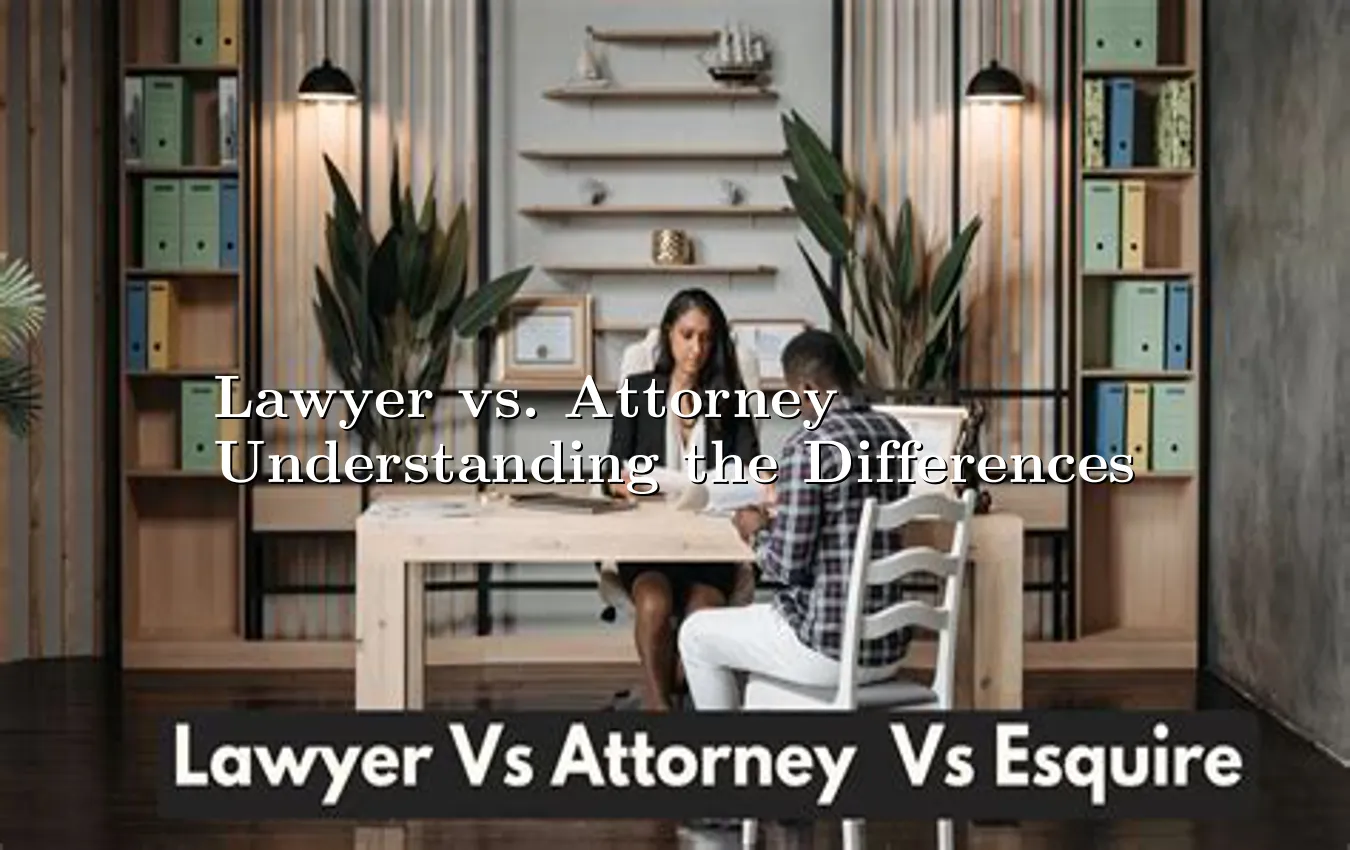
Description : Explore the nuances of legal mediation versus legal remedies. Discover when each approach is most suitable, examining the pros and cons, cost considerations, and potential outcomes. Learn how to choose the best path for resolving disputes effectively.
Legal mediation and legal remedies are two primary avenues for resolving disputes. Understanding the differences between these approaches is crucial for parties seeking to resolve conflicts efficiently and effectively. This article delves into the intricacies of each, examining their strengths, weaknesses, and practical applications.
Legal mediation, a form of alternative dispute resolution, focuses on facilitating communication and negotiation between disputing parties. A neutral third party, the mediator, guides the process, helping parties identify common ground and reach a mutually agreeable solution. In contrast, legal remedies involve formal legal processes, such as lawsuits, to enforce rights or obtain compensation for damages.
This article will explore the advantages and disadvantages of each approach, considering factors such as cost, time efficiency, confidentiality, and the potential for achieving a lasting resolution. We will also examine when each strategy is most appropriate and provide real-world examples to illustrate the practical application of these concepts.
Read More:
Understanding the Core Differences
At the heart of the distinction lies the fundamental approach. Legal mediation prioritizes collaboration and finding a solution that satisfies both sides. Legal remedies, on the other hand, often involve a win-lose scenario where one party seeks to enforce their rights through the court system.
Mediation: A Collaborative Approach
Focus: Agreement and compromise.
Process: Facilitated negotiation with a neutral third party.
Outcome: A mutually agreed-upon settlement.
Characteristics: Flexible, confidential, and often faster than litigation.
Legal Remedies: Formal Legal Actions
Focus: Enforcing rights and obtaining compensation.
Process: Formal court proceedings, including pleadings, discovery, and trial.
Outcome: A judgment or decision from a court.
Characteristics: Formal, potentially adversarial, and often slower than mediation.
When to Choose Mediation
Mediation is often the preferred approach when preserving relationships and achieving a tailored solution is paramount. Consider these situations:
Business disputes: Maintaining business relationships is crucial, and mediation can help avoid damaging litigation.
Family matters: Mediation can be particularly effective in resolving disputes involving divorce, child custody, or inheritance.
Interested:
Neighbor disputes: Mediation can help find peaceful resolutions to conflicts involving property lines, noise complaints, or other neighborhood issues.
When to Choose Legal Remedies
Legal remedies are more appropriate when one party feels their rights have been violated or significant damages have occurred. Consider these situations:
Breach of contract: If a contract has been violated and the injured party seeks compensation or specific performance.
Personal injury claims: When someone has sustained injuries due to negligence or recklessness.
Property disputes: When ownership or possession of property is contested.
Cost Considerations
The cost of legal mediation is typically significantly lower than the cost of legal remedies. Mediation fees are often shared between the parties, while litigation involves substantial legal fees, court costs, and potential expert witness fees.
Time Efficiency
Mediation processes are generally quicker than litigation. While the time required for mediation varies, it often takes less time to reach a resolution than the lengthy process of litigation, which can span months or even years.
Confidentiality
Mediation proceedings are typically confidential, meaning that the discussions and information shared during the process are not admissible in court. This confidentiality can be a significant advantage, particularly in situations where preserving privacy is important.
Enforceability of Agreements
Agreements reached through mediation are typically enforceable if they are reduced to writing and signed by all parties involved. Court orders resulting from legal remedies are also enforceable, but the process of obtaining such orders can be lengthy and costly.
Case Studies: Illustrative Examples
Several case studies highlight the effectiveness of both approaches. For instance, a business dispute over a contract breach was resolved quickly and cost-effectively through mediation, preserving the business relationship. Conversely, a personal injury case involving severe negligence required a formal legal remedy to ensure justice and compensation.
Choosing the Right Approach
Ultimately, the choice between legal mediation and legal remedies depends on the specific circumstances of the dispute. Factors to consider include the nature of the dispute, the relationship between the parties, the desired outcome, and the resources available.
Seeking legal counsel is highly recommended to determine the most appropriate path based on the individual case. A legal professional can assess the nuances of the situation, evaluate the potential outcomes of each approach, and advise on the best course of action for achieving a satisfactory resolution.
Legal mediation and legal remedies represent distinct approaches to dispute resolution. Mediation emphasizes collaboration and finding common ground, while legal remedies focus on formal legal processes. Understanding the strengths and weaknesses of each approach is crucial for parties seeking to resolve conflicts effectively. By considering the specific circumstances of a dispute, parties can make informed decisions about the best path forward.
Don't Miss:






















